What If We Could See the Future?
Introduction
Imagine waking up one day and seeing tomorrow’s dawn already painted in the sky. For as long as we remember, humans have been enchanted by the idea of prophecy – from ancient oracles and astrologers to today’s data scientists. The question echoes through time: What if you could really see your future? This yearning for foresight is as old as curiosity itself. Each decision we make, each quiet hope in our hearts, is touched by wonder and fear at what lies ahead.
Daily Life
In everyday life, knowing the future would feel like reading a script before the play begins. Would you still gamble if the roulette’s landing pocket were inked on the sky? Or savor your morning coffee if you already knew which messages and memories the day would bring? On one hand, every choice could be perfectly optimized: you’d buy stocks only on peak days, avoid trips on dangerous roads, and always pack an umbrella when rain is certain. But that certainty would also strip life of its spontaneity. Love loses its surprise if its fate is already written; a cheerful morning chat grows hollow if its laughter is preordained. Habits and routines would feel mechanical under the weight of inevitability. In this world, even small choices – what to eat, who to call, whether to stay or go – become heavy with meaning, knowing they inch you along a path already marked.
Society
On a societal scale, the ramifications would be staggering. Politics might unravel: elections could become meaningless if campaign results were foretold, or conversely, locked-down deceptions if outcome is fixed. Education could be overhauled: if every child’s destiny were known, would we bother teaching the many subjects or just train each one for their one true role? Justice, perhaps most painfully, would twist in paradox. Do we punish someone for the crime they will commit tomorrow, or pardon them because we know they’re destined never to offend? Current experiments already hint at this tension. For example, police in some cities are using algorithms to try to “forecast criminal activity,” literally analyzing “large sets of data… to help decide where to deploy police or to identify individuals who are likely to commit or be a victim of a crime”. In practice this sounds like science fiction, but it raises real fears: historical crime records might tell of future crimes, but leaning on them also risks cementing old biases and stripping away human judgment. Would neighborhoods become prisons of prophecy? And who would oversee the forecasters of our fates?
Technology
Technology would become the new oracle. Vast AI networks and predictive engines could digest our every data point – purchases, posts, even biometric signals – and forecast the days ahead. Tech giants would whisper prophecies in our ears: health alerts that you might fall ill next month, traffic apps that tell you precisely when to drive, financial apps warning you of the next crash. But this also means the intimate story of your life exists in code somewhere. Imagine the danger: if a hacker stole that model of you, they could literally see your future and past, as one expert warns, turning privacy into a dangerous prophecy. Data would be gold, and your secrets on public display. Algorithms could infer our traits from thin air: one study noted that a clever AI used in hiring could even deduce a candidate’s political beliefs from seemingly unrelated details they provided. In such a world, privacy collapses. Everywhere you turn, sensors and screens would flash predictions: your smart home reminding you of the wedding you already know is coming, digital ads offering the life you will live, perhaps even VR projections of your own future face. Data overload would be real – an avalanche of forecasts, pushing us along invisible tracks. And the more we rely on machines to predict our days, the more we surrender our self-determination to whoever holds the code.
The Cost
Quiet moments would come with a new weight. Always peeking ahead breeds anxiety. Knowing painful events in advance means living in permanent dread of their arrival. Ironically, psychology teaches us that trying to run from this anxiety only deepens it – “the paradox of anxiety is that what feels most instinctual… escaping from the source of our fears” only reinforces those very fears. Would you feel relieved or crushed knowing your own future mistakes or losses? Foreknowledge itself can become a trap: social scientists call it a self-fulfilling prophecy. Just by expecting a prediction, we may unwittingly bring it to pass. If you read that tomorrow you will suffer a great loss, might you act differently? Perhaps you isolate yourself, or panic-buy safety net, and in doing so actually create that downfall. Day after day, that weight of “what will be” could erode our sense of free will – every choice tainted by the fear that it’s already been decided. Even joy could sour: knowing you will have your greatest triumph may make the victory feel empty when it finally arrives. In the end, the more we see, the more our mind could break under the sheer burden of inevitable knowledge.
Power & Control
Power would consolidate in the hands of those who control the future charts. Imagine governments that know tomorrow’s crises and civilians who see nothing – the imbalance would breed totalitarianism. Corporations and hackers would trade in futures like commodities: futures markets of lives. With foresight, propaganda would become unstoppable: why argue about reality when the “right answer” is already on the ledger of fate? Puppet masters could pull the strings of society preemptively, using intimate forecasts to manipulate elections, stock prices, or market swings for profit. In intimate ways, advertisers would sell not the present you, but the future you: urging you to buy a car you’re destined to love next year. Resistance leaders would need seers to game strategy, and nations would fear assassination attempts based on foreseen movements. Every institution – media, finance, justice – would scramble to rewrite its rules around prophecy. Worst of all, human empathy could dwindle: once we know how each life ends, it might breed resignation or cruelty (“why stop them if they must fall?”). The prize of foresight would be a society as cold and calculating as the algorithms that run it, while the powerless huddle in the shadows of the foretold.
Resistance
But not all would bow to that future. Some would actively reject the gift of knowledge. Picture communities tearing down predictive devices, choosing instead to trust intuition and chance. They might form secret societies or communes that live “off-grid” in the digital sense: no smartphone, no brain chips, just the rhythm of nature and the roll of dice. Their philosophy would be simple and rebellious: uncertainty is sacred, and mystery is the soul of life. These rebels would teach mindfulness and serendipity – choosing to not peek ahead as an act of freedom. Children raised under this code would learn to find excitement in each unplanned moment. Art, music, and stories would flourish in vibrant chaos rather than exact pattern. In this quiet defiance, trust would grow – trust in each other and trust in the unknown – like a flower that blooms because its seeds were scattered by the wind. Instead of algorithms, their destiny would be written by experience, choice, and human whim. It’s easy to imagine laughter among them, savoring every surprise, every unanswered question as a gift rather than a curse.
The Collapse
Yet leaning too heavily on prophecy could eventually crack the very foundations of civilization. Imagine a small forecasting error – a glitch in the data, a unpredictable human spark – bringing entire systems to a halt. If everyone expects a single outcome, any deviation feels apocalyptic. History has shown that overconfidence in predictions can blind us to the unplanned. In such a world, a tiny misstep could become an avalanche. Financial markets might implode the moment an unseen factor upends an expected trend; infrastructure could fail if no one planned for a freak hurricane or power surge. Like a row of dominoes arranged in an impossibly long chain, too much reliance on the next piece falling just right means any wobble topples all behind it. It’s as if the earth beneath us had been flattened and predictably paved over – when it finally shifts or cracks, the collapse is total. Cities of glass and steel could literally shatter at the first surprise. Governance would fail with no playbook for the truly novel. In short, a future-seeing society risks losing its ability to adapt, and the slightest exception would bring it crashing down.
Rebirth
Out of that ruin, something unexpected might emerge: a rebirth of balance. With the old world’s certainties gone, humanity could learn anew that the unknown is not a foe but a force of creation. Societies might rebuild traditions around uncertainty – festivals where people write blank calendars and ceremonially burn them in celebration of unwritten days, reminding each other that wonder waits in mystery. Education would shift to teach not just STEM forecasts, but art, ethics, and adaptability. Science itself might focus on probabilities and resilience over absolute predictions. In daily life we would rediscover simple joy: walking in autumn woods not because we knew the leaf to fall, but because we didn’t. Relationships would re-flower under the light of surprise. And technology might survive, reimagined as servant not seer – giving advice when asked but bowing out when life needs a question unanswered. Philosophers and poets, once silenced by formulaic fate, would speak again about faith and choice. In this new world, knowledge and mystery find a truce: foreknowledge is respected but not worshipped. We learn to breathe, even when we cannot see the path ahead, trusting the next step to be as meaningful as the one already taken.
Closing Reflection
So after all this, we return to the question: would you truly want to see your future? To live every tomorrow twice – once in mind and once in reality? Perhaps the greatest gift lies in not knowing. In that gift, each sunrise becomes a surprise, each decision a statement of freedom. In the end, the richest vision might be with eyes wide open only to today, cherishing the ambiguity of what comes next. After all, life’s story is still being written, and its mysteries are the true pulse of wonder.
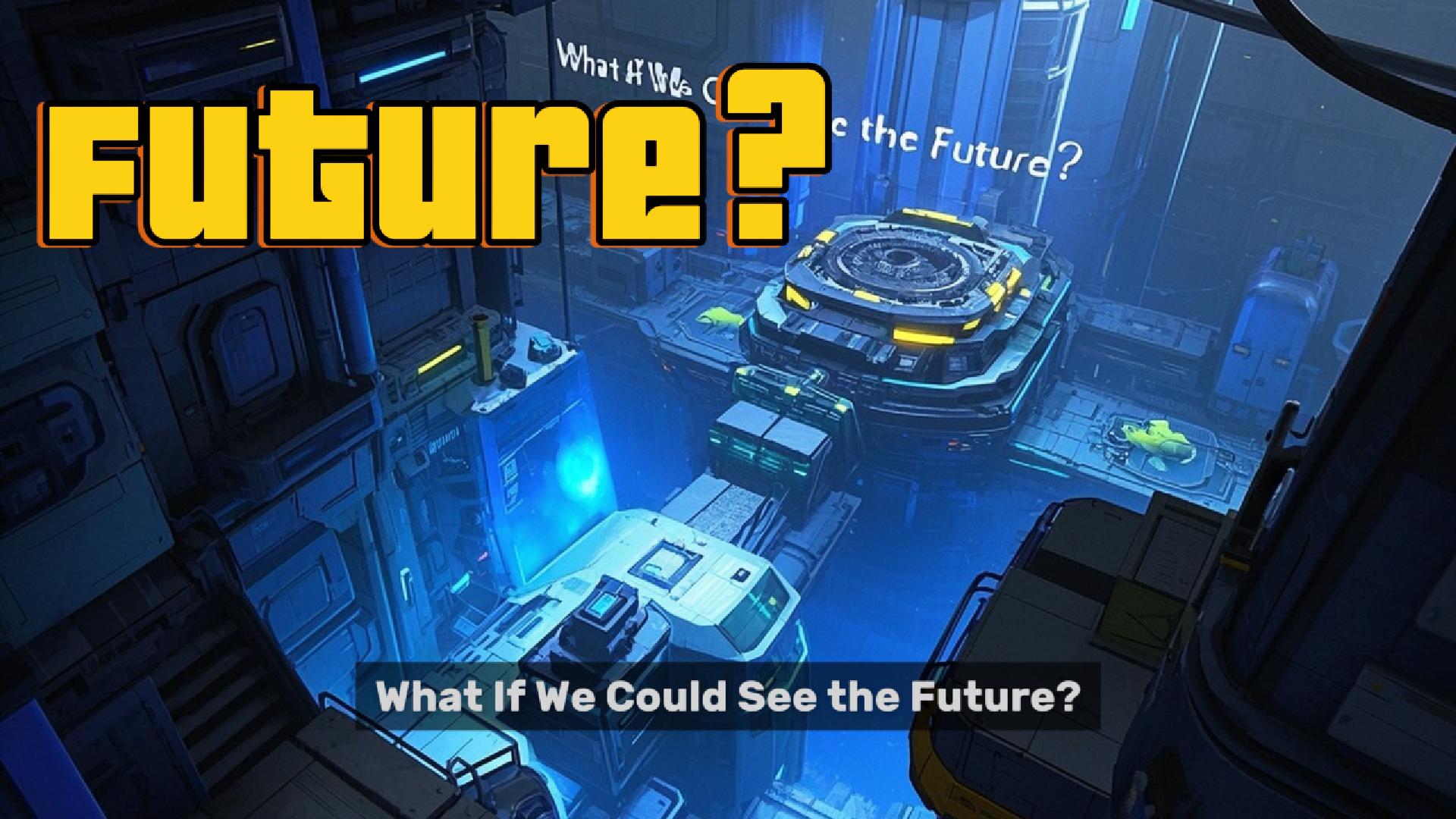
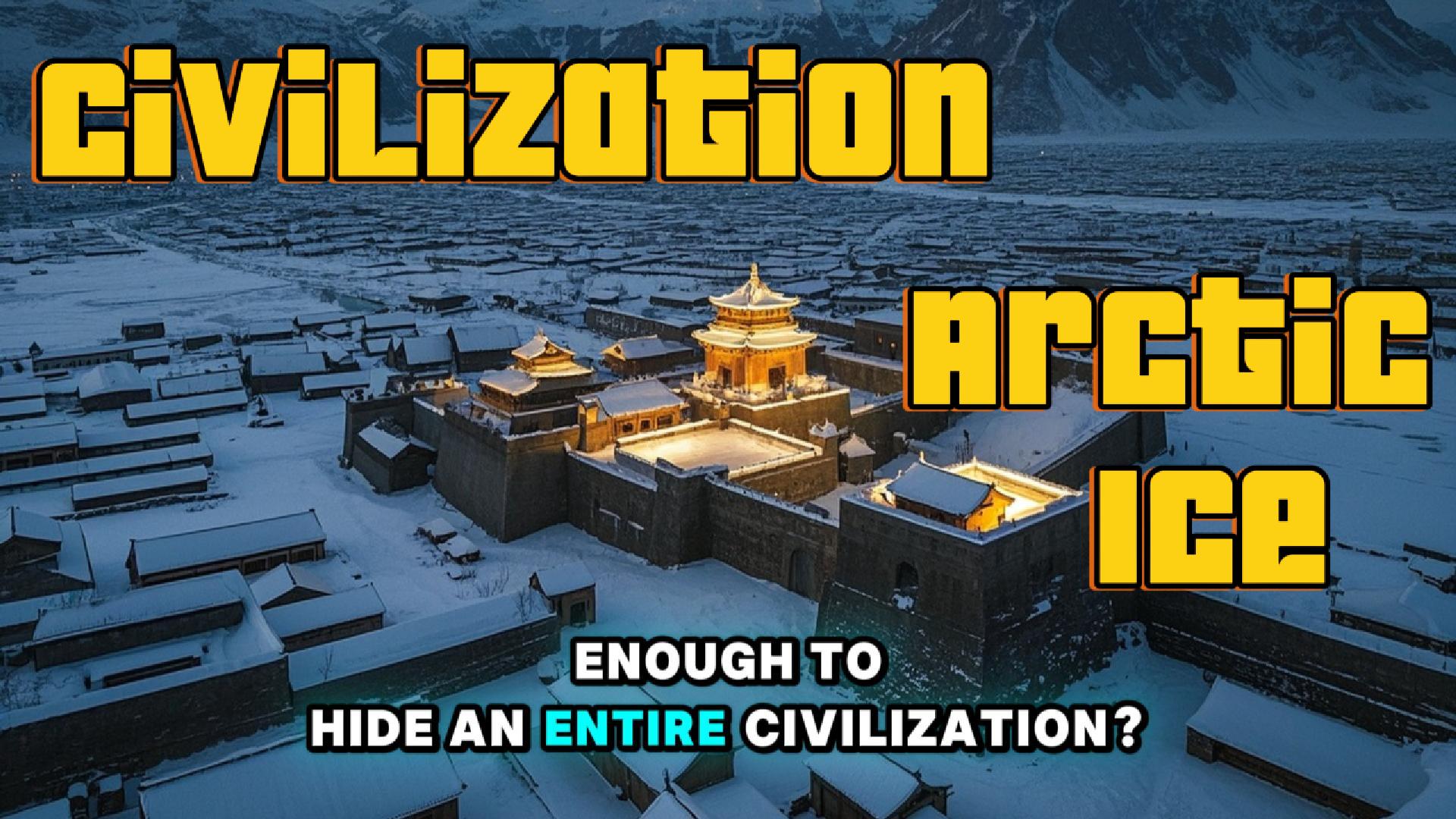
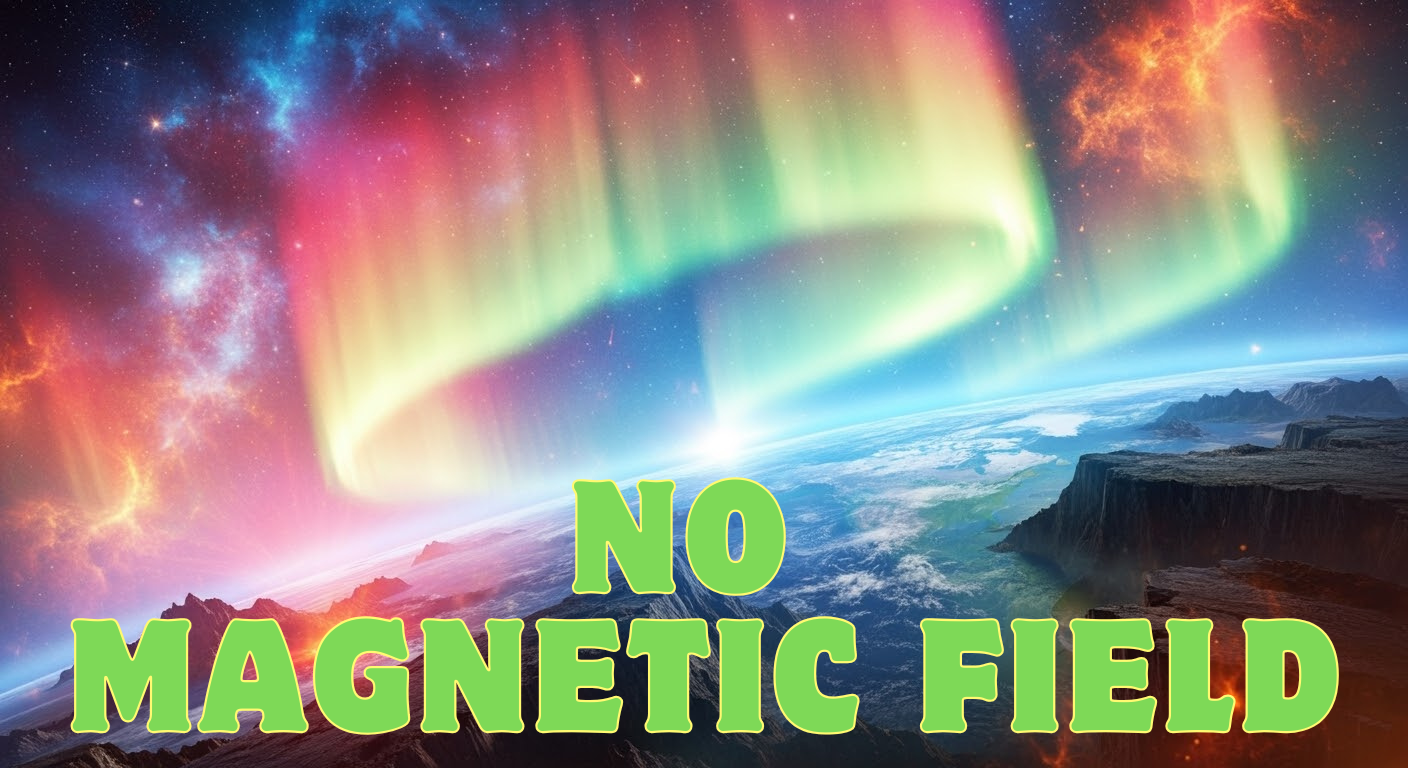
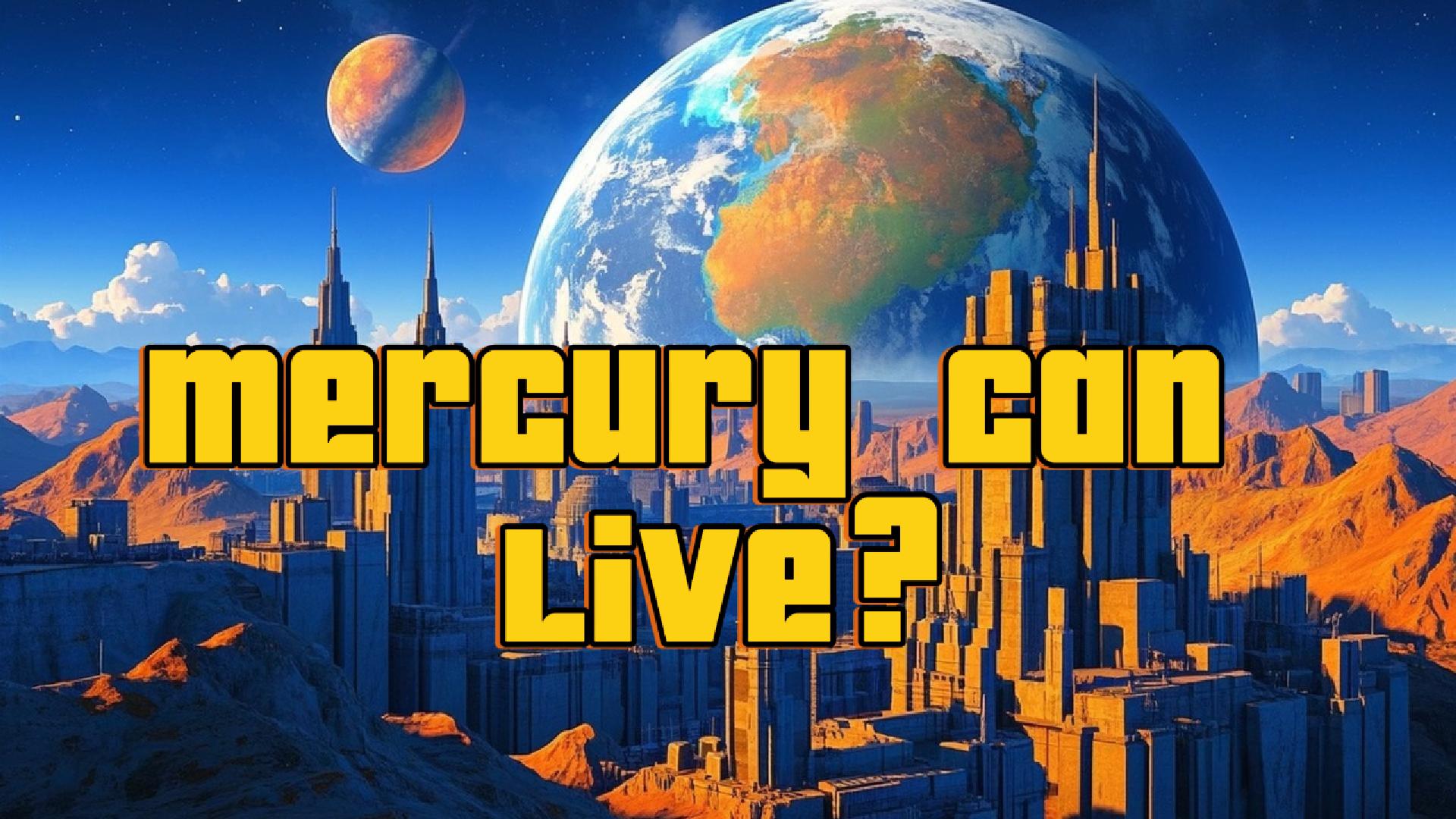
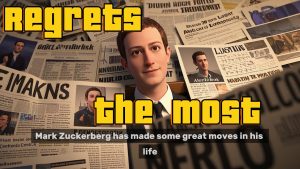
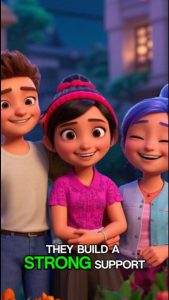
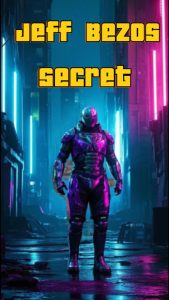
Post Comment